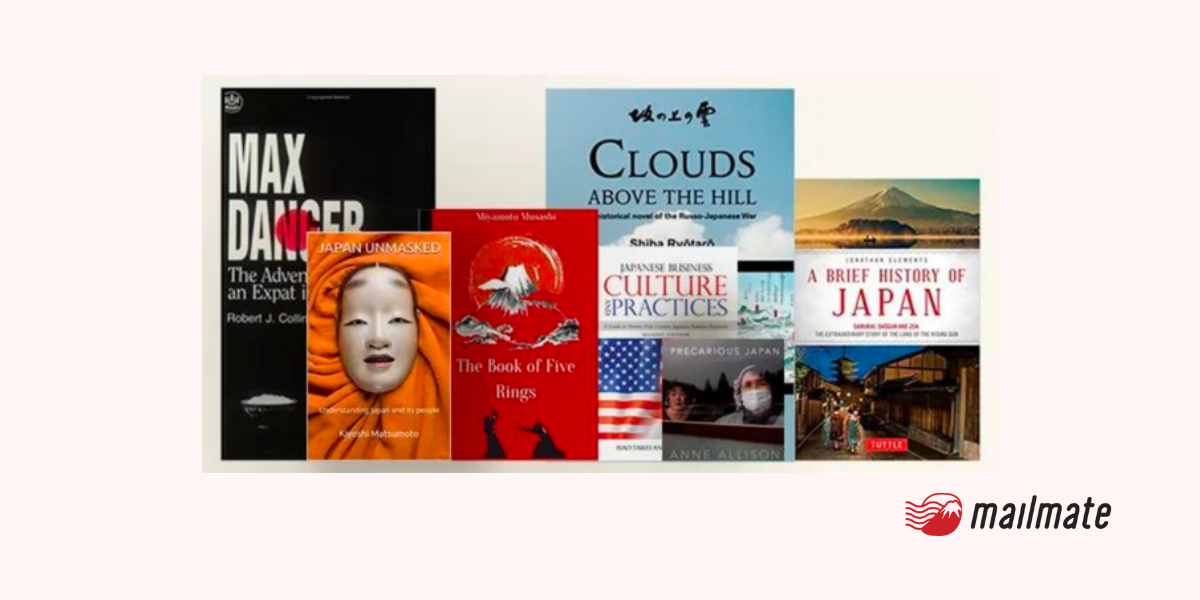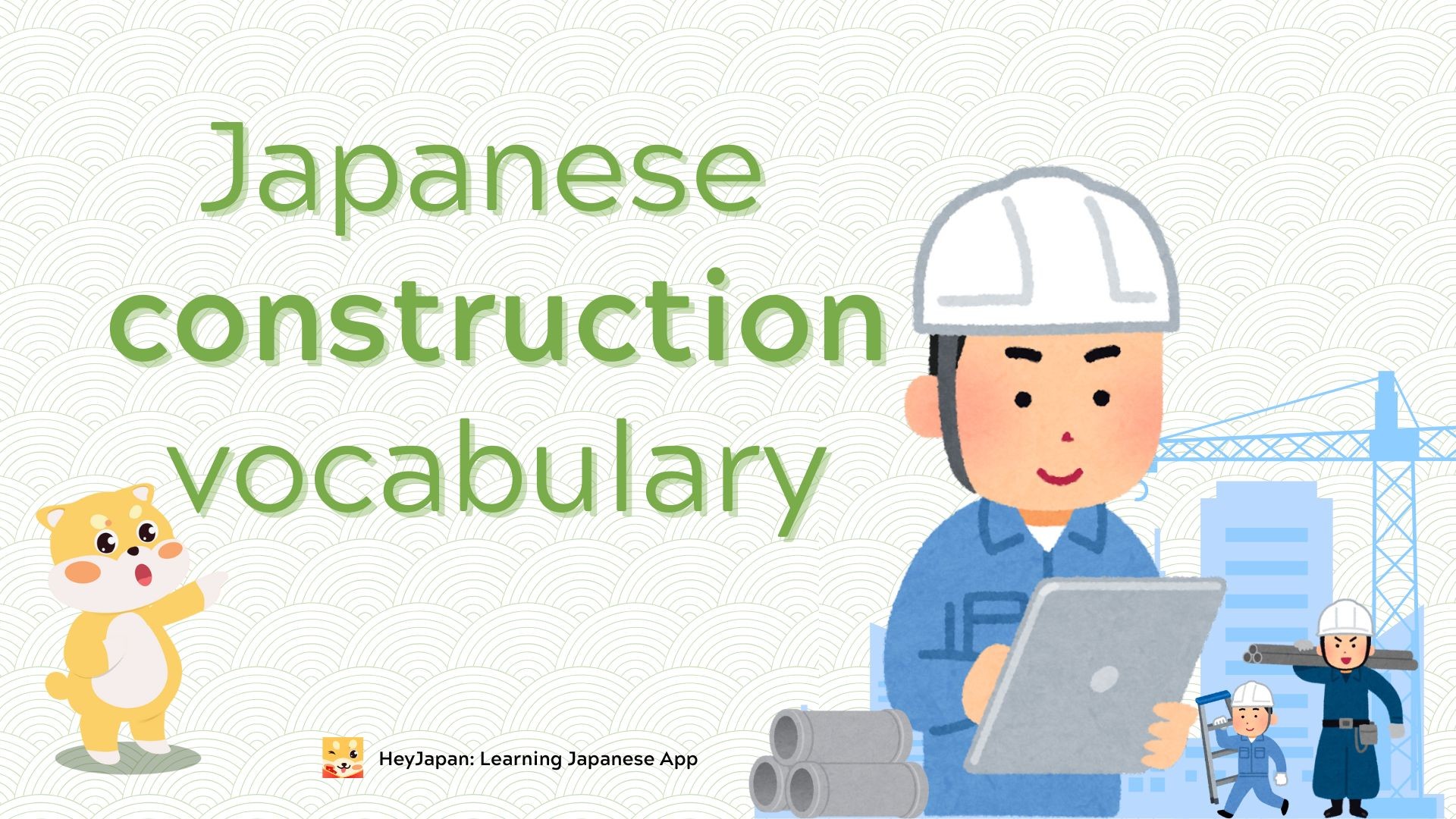- Non-Fiction
- In Praise of Shadows by Junichiro Tanizaki
- Lost Japan by Alex Kerr
- The Japanese Mind: Understanding Contemporary Japanese Culture by Roger J. Davies and Osamu Ikeno
- The Chrysanthemum and the Sword by Ruth Benedict
- Pure Invention: How Japan Made the Modern World by Matt Alt
- Fiction
- The Tale of Genji by Murasaki Shikibu
- The Book of Five Rings by Miyamoto Musashi
- Norwegian Wood by Haruki Murakami
- Kitchen by Banana Yoshimoto
- The Sailor Who Fell from Grace with the Sea by Yukio Mishima
Exploring Japanese culture through literature offers a captivating journey into the philosophy, history, and traditions that define Japan. Here’s a list of the best non-fiction and fiction books to deepen your understanding of Japanese culture.
Non-Fiction
In Praise of Shadows by Junichiro Tanizaki
- Why read it: This classic essay explores the beauty of Japanese aesthetics, particularly through shadows, simplicity, and understated elegance in traditional architecture and design.
- Highlights: Tanizaki contrasts Western and Japanese aesthetics, emphasizing the Japanese appreciation for subtlety, mystery, and tranquility in everyday objects and spaces. This is a must-read for those intrigued by Japanese aesthetics and philosophy.
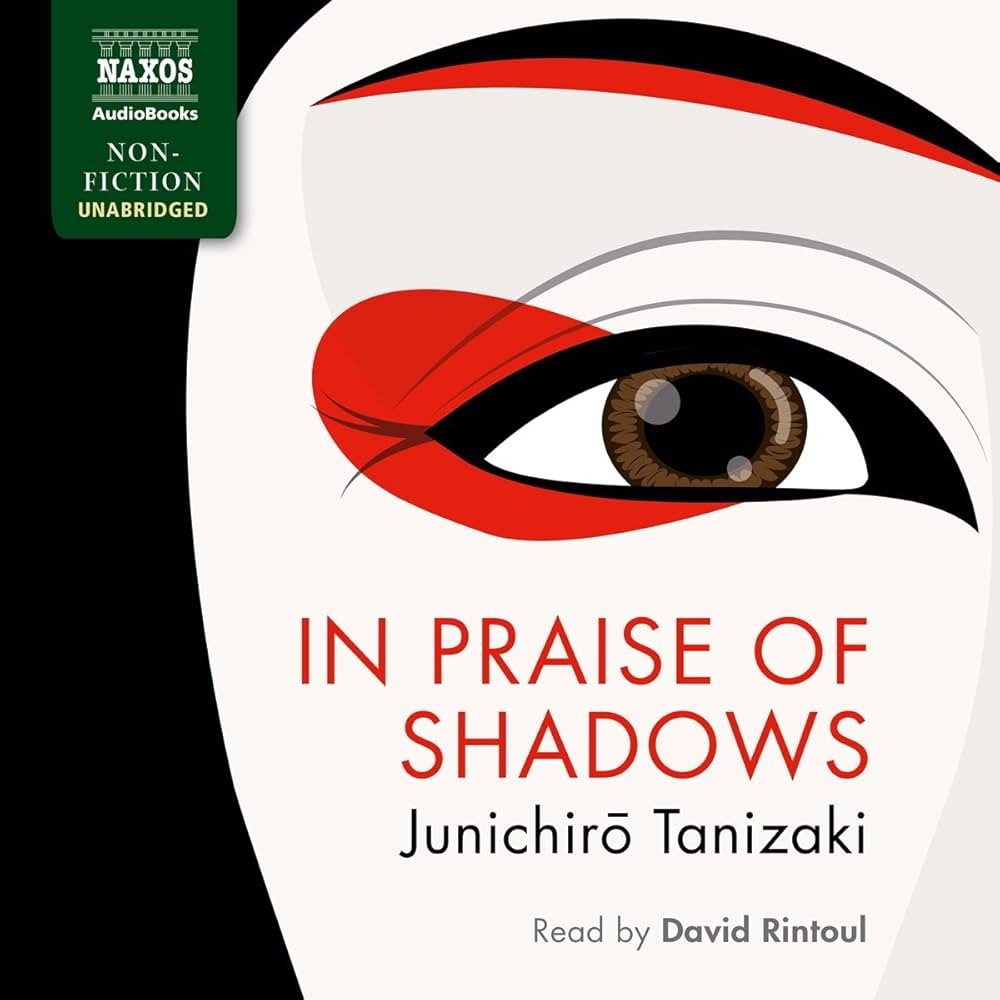
Lost Japan by Alex Kerr
- Why read it: Written by a long-time foreign resident of Japan, “Lost Japan” provides a nostalgic and insightful look into Japan’s arts, traditions, and the effects of modernization.
- Highlights: Kerr explores traditional crafts, theater, and rural landscapes, presenting a critical yet affectionate portrayal of Japanese culture. His personal journey makes this book both engaging and informative for readers seeking a deeper cultural understanding.
The Japanese Mind: Understanding Contemporary Japanese Culture by Roger J. Davies and Osamu Ikeno
- Why read it: This book unpacks key Japanese cultural concepts, helping readers understand the social dynamics and behaviors that shape Japanese society today.
- Highlights: Covering concepts such as “amae” (dependence) and “giri” (duty), this book is ideal for those interested in understanding how Japan’s traditions continue to influence modern-day interactions and attitudes.
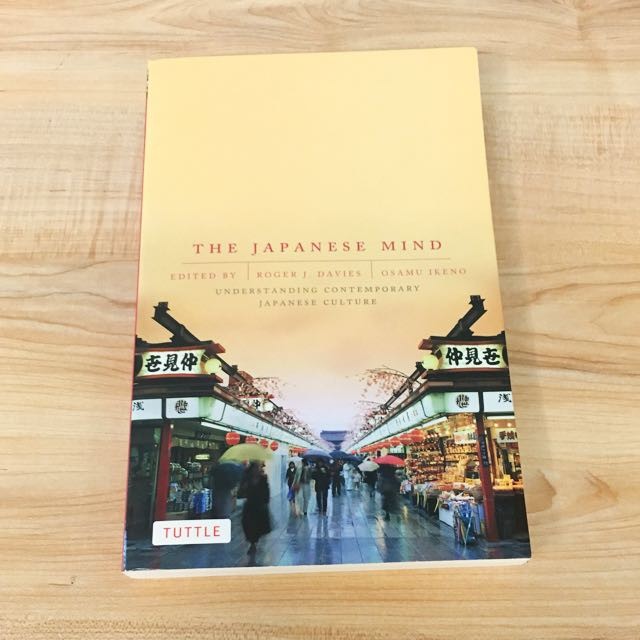
In addition to cultural insights, many learners also look for Japanese kanji learning books to build their language skills alongside cultural understanding. The Japanese Mind provides valuable context that can complement language studies, especially when learning kanji with a cultural perspective.
The Chrysanthemum and the Sword by Ruth Benedict
- Why read it: Commissioned during WWII, this foundational work provides a unique perspective on Japanese values such as honor, duty, and hierarchy.
- Highlights: Despite being an older work, Benedict’s analysis remains relevant for understanding the core principles guiding Japanese society. This book is essential for those seeking a historical view of Japanese cultural identity.
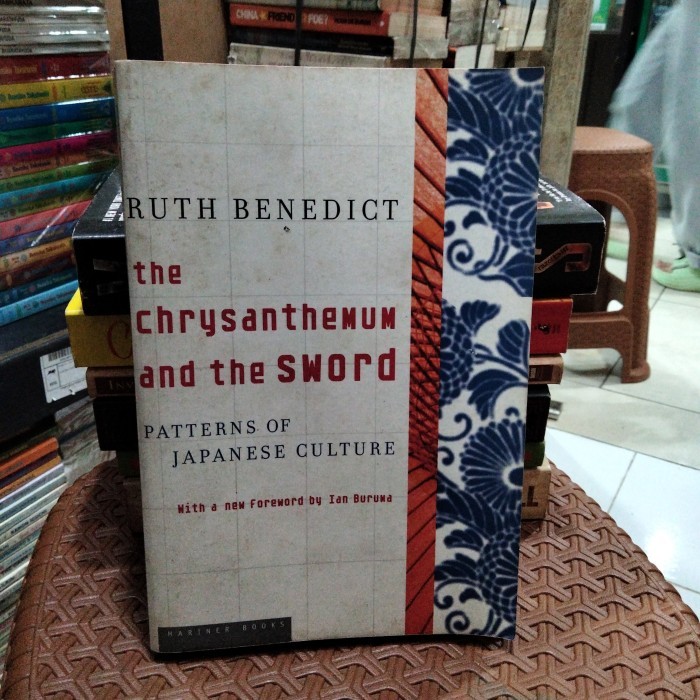
Pure Invention: How Japan Made the Modern World by Matt Alt
- Why read it: Matt Alt examines Japan’s global influence in pop culture, from anime and video games to karaoke and high-tech gadgets.
- Highlights: This book explores how Japan’s creative innovations have become integral to global entertainment and modern lifestyle, making it a fascinating read for those curious about Japan’s impact on global culture.
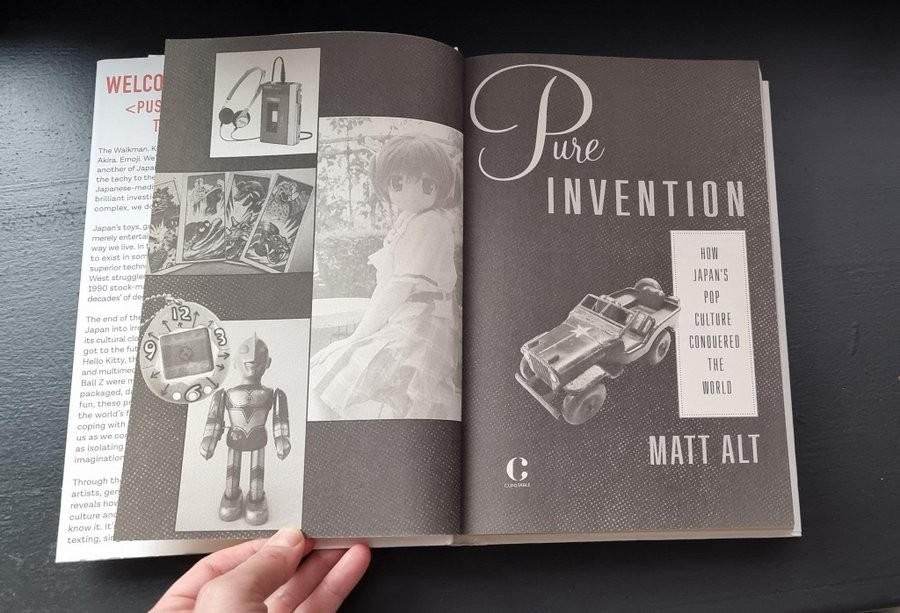
Pure Invention delves into Japan’s influence on modern culture globally. For those curious about language progress, you might wonder, can I learn Japanese in 3 months? While cultural knowledge from books like these adds depth to language learning, achieving conversational fluency usually requires sustained effort over a longer period
Fiction
The Tale of Genji by Murasaki Shikibu
- Why read it: Known as the world’s first novel, “The Tale of Genji” offers an intimate view of the Heian court and its societal norms.
- Highlights: This story of Prince Genji and his romantic life at court provides a look into Japanese aristocratic life, aesthetics, and values. It’s essential for anyone interested in Japanese literature and ancient societal structures.

For those delving into Japanese literature, The Tale of Genji is a classic that offers a glimpse into the Heian period. Many learners ask, how long will it take to learn Japanese, and reading authentic Japanese texts like this can be an enjoyable yet gradual part of the learning process, enhancing comprehension over time.
The Book of Five Rings by Miyamoto Musashi
- Why read it: Written by a famed samurai, this book delves into the way of the warrior and the philosophy behind martial arts.
- Highlights: Musashi’s teachings on strategy, discipline, and mastery provide a profound insight into the samurai code. This book is valuable for understanding Japan’s historical warrior culture and the timeless principles it embodies.
Norwegian Wood by Haruki Murakami
- Why read it: Set in 1960s Japan, this novel by Haruki Murakami captures the lives, loves, and struggles of young adults navigating a changing world.
- Highlights: Through Murakami’s poetic and evocative prose, readers gain insight into the shifting cultural landscape of post-war Japan. The novel’s themes of love, loss, and self-discovery resonate with universal human experiences while rooted in Japanese settings.
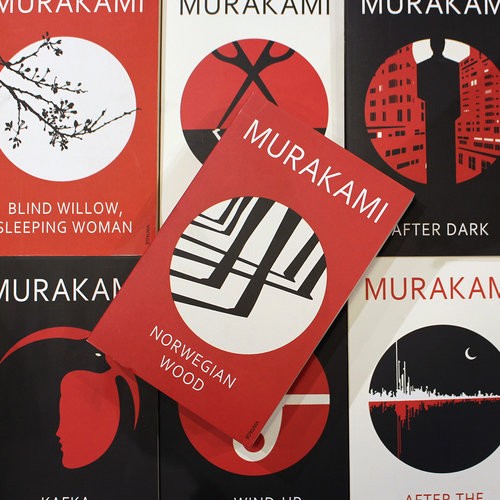
Kitchen by Banana Yoshimoto
- Why read it: This modern novel delves into themes of family, loss, and healing in contemporary Japan, with a focus on resilience and finding beauty in the mundane.
- Highlights: Yoshimoto’s portrayal of relationships and emotional growth reflects Japanese values of harmony and empathy. It’s a touching story that offers a gentle, introspective look into Japanese urban life and modern family dynamics.

The Sailor Who Fell from Grace with the Sea by Yukio Mishima
- Why read it: This novel presents a darker side of Japanese cultural identity, exploring themes of alienation, idealism, and the clash between tradition and modernity.
- Highlights: Mishima’s writing reveals the psychological struggles of individuals caught between societal expectations and personal desires. It’s a compelling read for those interested in the complexities of modern Japanese identity.
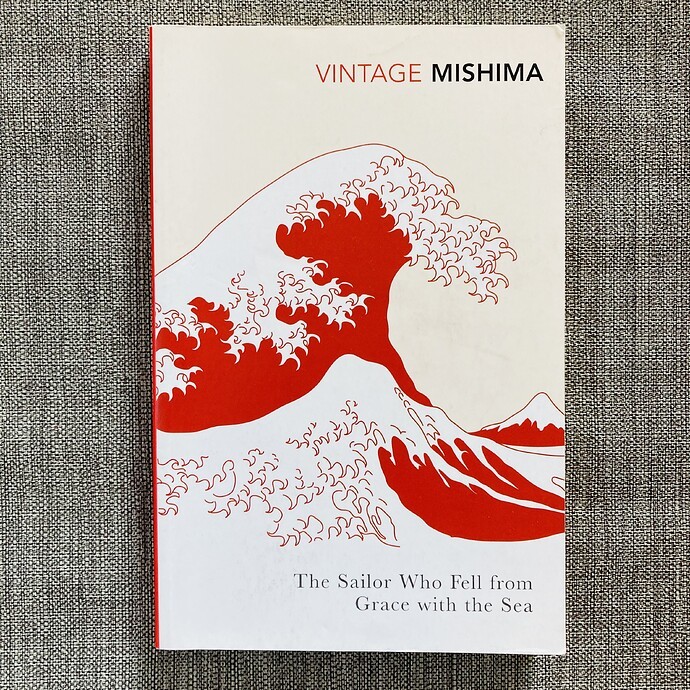
These ten books, both non-fiction and fiction, are invaluable for anyone looking to learn more about Japanese culture. They explore various aspects, from ancient philosophies and aesthetics to contemporary societal norms and individual identities. Whether you're drawn to history, philosophy, or personal narratives, this collection provides a well-rounded view of the cultural forces that continue to shape Japan.
From samurai wisdom and Heian romances to insights into modern pop culture, these books invite you to dive into the richness and depth of Japanese life and traditions. Start with one and let it be your guide into the fascinating world of Japan.

